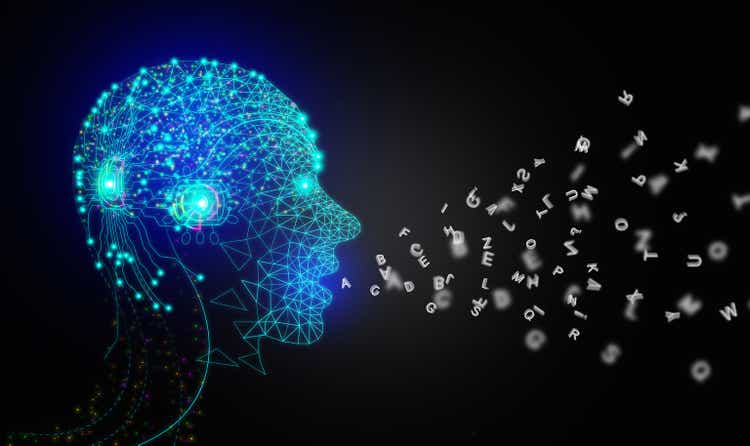Respecting Uniqueness in AI Voices
OpenAI has taken a step back in the symphony of AI voices by deciding to hit the “pause” button on the utilization of the voice named Sky in the auditory rendition of ChatGPT. This decision was spurred by observations made by users that the voice bore a striking resemblance to the renowned actress Scarlett Johansson.
A Celebrity Resemblance
“We believe that AI voices should embody originality and not consciously mirror the distinct vocal qualities of a celebrity—Sky’s voice stands as a testament to the talent of a different professional actress who lent her natural voice to the project,” OpenAI remarked in a blog post over the weekend.
Privacy and Transparency
To safeguard the privacy of the voice actors engaged in the project, OpenAI has refrained from disclosing their identities. The company emphasized a commitment to protecting the anonymity of its voice talents in the interest of their privacy and professional integrity.
Reflecting on Cinematic Roles
The association with Scarlett Johansson is partly rooted in her portrayal of a fictional AI assistant in the film Her, a narrative that explores the complex dynamics of human-machine relationships.
Shaping the Voice Landscape
OpenAI unveiled voice functionalities for ChatGPT in September 2023, introducing a cohort of distinct voices—Breeze, Cove, Ember, Juniper, and Sky—crafted through collaborations with voice actors. The selection of voices underwent a meticulous process spanning five months, involving industry experts and creative consultants.
Enhancements and Expansion
In a strategic move, OpenAI announced the upcoming launch of a new Voice Mode for GPT-4o, set to be accessible to premium users. The company aims to roll out the Voice Mode alpha version to ChatGPT Plus subscribers in the near future, expanding the horizons of user engagement.
Future Prospects and Innovations
As part of its ongoing evolution, OpenAI has been at the forefront of innovation, unveiling the latest “flagship model,” GPT-4o. The company touts this new iteration as not only faster than its predecessor but also as a significant advancement in voice, text, and imaging capabilities.

